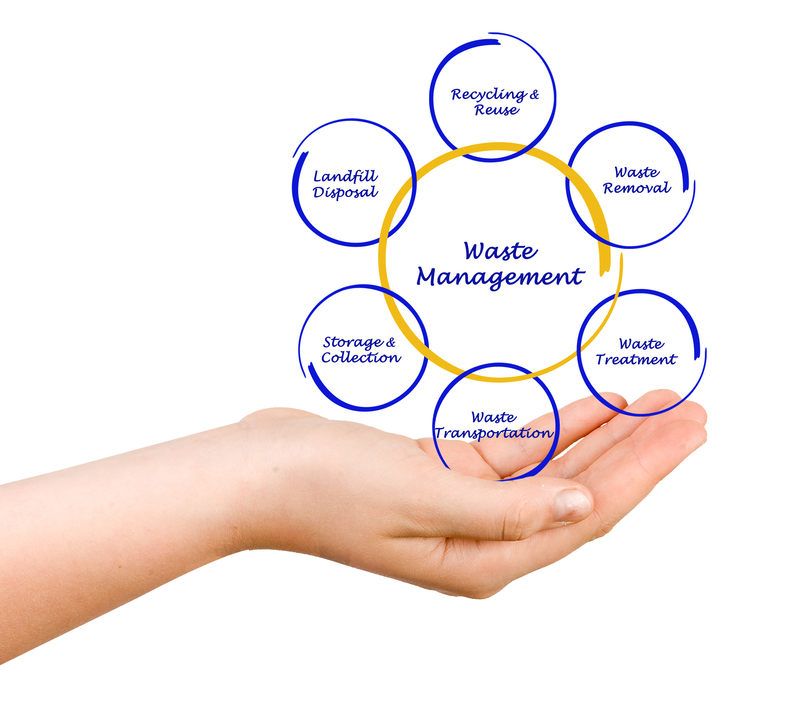The Crucial Role of Metal Recycling for Earth
In an era where environmental sustainability has become a focal point, metal recycling emerges as a pivotal process. This practice not only conserves resources but also minimizes negative environmental impacts. Understanding the importance of metal recycling can lead to more sustainable practices that benefit us all.
Understanding Metal Recycling
Metal recycling involves the process of recovering and processing scrap metal to create new products. This can be done repeatedly without altering any of the metal's fundamental properties, making metal recycling a sustainable process. Metals like aluminum, copper, steel, and iron are common examples that are recycled frequently around the globe.
How Does Metal Recycling Work?
The process of metal recycling generally involves several key steps:
- Collection: Scrap metal is collected from various sources such as households, factories, and businesses.
- Sorting: The collected metal is sorted into different categories based on type and quality.
- Processing: The sorted metals are then shredded or melted into smaller pieces for easy handling and manufacturing.
- Melting and Purification: The metals are melted in a large furnace and purified to remove impurities.
- Solidifying: Finally, the purified metal is solidified into a fixed shape for use in manufacturing new products.

The Environmental Impact of Metal Recycling
Recycling metals significantly reduces environmental waste and conserves energy. Here are some key benefits:
Energy Conservation
Unlike producing metal from virgin ore, recycling metals is highly energy-efficient. According to studies, recycling aluminum saves up to 95% of the energy needed to produce aluminum from bauxite ore.
Reduction in Greenhouse Gas Emissions
The recycling process emits substantially fewer greenhouse gases compared to the mining and processing of new metal ores. This reduction in emissions plays a critical role in mitigating climate change and improving air quality.
Preservation of Natural Resources
Mining for metal ores depletes valuable natural resources. By recycling metals, we can significantly cut down on the need for mining activities, thus conserving natural landscapes and ecosystems.
Waste Reduction
Landfills worldwide are plagued by waste, and metal constitutes a significant portion of it. By recycling metal, we reduce the amount of waste sent to landfills and decrease environmental pollution.
Economic Benefits of Metal Recycling
Job Creation
Metal recycling industries provide numerous job opportunities--from collection and sorting to processing and distribution. This demand creates a robust job market that supports sustainable economic growth.
Cost Savings
Manufacturing products from recycled metal is often more cost-effective than using raw materials, leading to significant cost savings for manufacturers and consumers alike.
Trade Balance Improvements
Countries that import metal resources can benefit economically by recycling and reducing their dependence on foreign mining imports, aiding in the balance of trade.
Challenges in Metal Recycling
Separation Challenges
The intricate process of sorting metals, especially when dealing with mixed materials, presents challenges that require advanced technology and skilled labor.
Contamination Issues
Impurities in metal recycling can lead to contamination, impacting the quality of recycled metals. Thus, meticulous purification processes are necessary to maintain metal quality standards.
Fluctuating Market Prices
Market price volatility can affect the profitability and economic viability of metal recycling. Companies must strategically navigate these changes to sustain operations.

How Individuals Can Contribute to Metal Recycling Efforts
Recycling At Home
Individuals can sort and recycle common household metals such as aluminum cans, metal packaging, and old appliances.
Supporting Recycling Programs
Supporting and participating in local and national recycling initiatives can vastly improve the effectiveness and efficiency of metal recycling efforts.
Educating Others
Education is key to increasing awareness about the advantages of metal recycling. Sharing knowledge within communities can lead to broader participation in recycling efforts.
Future Innovations in Metal Recycling
As technology evolves, the metal recycling industry is poised for innovation. Advances in artificial intelligence, enhanced sorting processes, and cleaner technologies promise to make metal recycling more efficient and environmentally friendly. With increasing emphasis on sustainability, the role of metal recycling will continue to expand, adapting to global needs for a more conscientious approach to resource management.
In conclusion, the crucial role of metal recycling for Earth cannot be overstated. By reducing energy consumption, minimizing environmental impact, and providing economic benefits, metal recycling plays a vital role in creating a sustainable future. As individuals and societies continue to embrace recycling practices, they contribute to the greater good of preserving our planet for future generations.